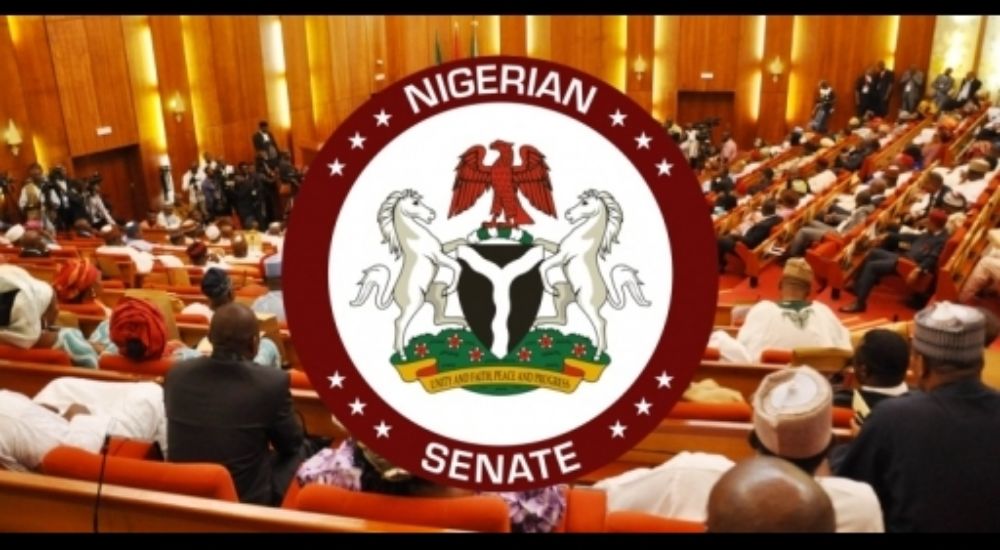The Nigerian Senate’s plan to convene a two-day national security summit has come under fire from security experts, civil society groups, and some lawmakers, who argue that the initiative may prove ineffective without a well-defined framework for implementing its outcomes.
The proposed summit, announced earlier this week, is intended to bring together security agencies, traditional leaders, civil society organizations, and other key stakeholders to develop fresh solutions to the country’s worsening insecurity. The motion for the summit was moved by Senator Jimoh Ibrahim (APC, Ondo South), and received the backing of the Senate leadership, including Senate President Godswill Akpabio.
Akpabio described the initiative as timely, stating that the summit would serve as a platform for stakeholders to deliberate on urgent security issues plaguing the nation—ranging from terrorism and banditry to kidnapping and communal unrest. He added that the summit would be comprehensive and inclusive in nature, allowing participants to contribute practical ideas toward addressing the crisis.
However, the plan has sparked widespread skepticism. Critics argue that the National Assembly has a history of holding similar summits and meetings whose recommendations never saw the light of day. Speaking on the Senate floor, Senator Enyinnaya Abaribe expressed concerns over what he described as “repetitive exercises with no results.” He noted that previous legislative assemblies have organized summits on security without yielding tangible solutions, and warned against repeating ineffective strategies.
Senator Abdul Ningi also questioned the rationale behind the summit, insisting that direct engagement with security chiefs and the implementation of existing reports would be more effective than another high-level gathering. “We cannot keep doing the same thing over and over again and expect different results. We owe Nigerians real solutions, not another round of discussions that go nowhere,” Ningi said.
Even from outside the legislature, the proposal has faced pushback. The Minister of Defence, Mohammed Badaru, was reported to have dismissed the summit as unnecessary, stating that what Nigeria needs is effective strategy, not more talk. In reaction to the Minister’s remarks, Senate President Akpabio cautioned against statements that could damage the relationship between the executive and the legislature. He urged all stakeholders to work in unity to find lasting solutions to the nation’s security problems.
Nonetheless, some senators have defended the summit, stressing that it could serve as a fresh attempt to address the crisis from a broader, more inclusive angle. Senator Abba Moro, the Senate Minority Leader, argued that previous failures should not discourage new efforts. “The fact that some solutions have not worked does not mean we stop trying. This summit is an opportunity to bring new voices and perspectives to the table,” he said.
As insecurity continues to affect various parts of the country, the success of the proposed summit may depend not only on the quality of deliberations but also on whether the National Assembly can translate the recommendations into actionable policies. Observers and stakeholders are now calling on the Senate to back its initiative with a solid implementation plan that ensures real change and accountability.
